For David
– Non-fiction by Chandy C. John – May 18, 2018 –
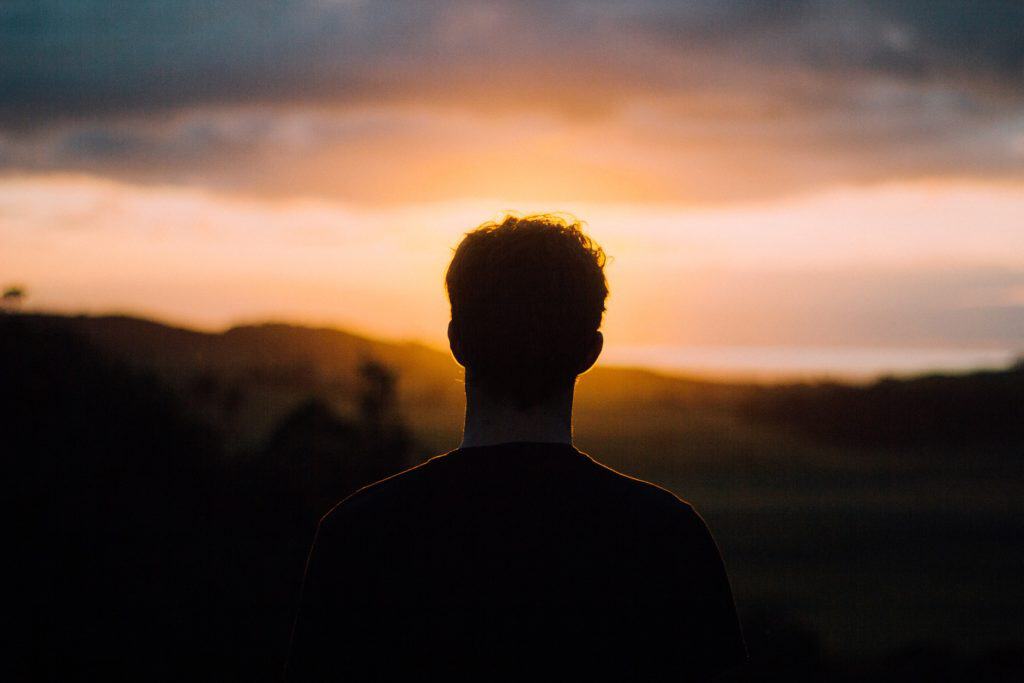
I write this to remember, David. I need something more fluid than a photograph, something that comprehends more of you than how you looked at a certain point in time, to keep you fixed in my memory. And I need so much to write this down, now that you’re gone and you have no gravestone or marker, no children to pass on your stories, not even your name on one of those quilts I’ve seen. There’s nothing but the memories of your friends – and in my case, at least, there are few people to share those memories with.
I remember when I first met you. I was the resident covering the Infectious Disease service for the weekend, and I felt duty-bound to see that your ears were recovering from their infection. Or was it less duty than curiosity? I remember you lying on the bed in your blue hospital pajamas, your taut face with the dry, too-pink cheeks, your deep grey-blue eyes – the right eye deviated slightly to the side, your gentle Southern accent, your smile.
It shook me: your youth, your charm, and the fatal, wasting, stigmatic disease you had. I remember looking through your chart and seeing how you’d been diagnosed – the spot on your skin, the Kaposi’s sarcoma, and being shaken again by your occupation: “Flight attendant.” You fit the cliché so well – the gay male flight attendant with AIDS – and yet you didn’t at all. I stayed awake thinking about you all that night.
***
We became friends through food. You told me you loved Indian food, and I told you to come to my house for an Indian meal you wouldn’t forget. Your stomach wasn’t up to Indian food, so the next time you came to the clinic we went out for lunch. You took me to Old Town, a restaurant in Ypsilanti that served “down home” Southern food, and we ordered their fried chicken. Talking to you then, as we ate our greasy chicken, there was so much I liked and admired about you: your calm acceptance of what was happening to you, your wide-eyed descriptions of the simple pleasures in your life, your sense of humor – sometimes childish and broad, sometimes wry and witty. You talked about Kalamazoo, your dog Louis, going fishing, the places you’d travelled. I talked about work at the hospital, college days, my family, life in India. Conversation was unhurried and natural.
What did you think of me then? What did you think when I first came to visit you in Kalamazoo? Your house became familiar. I visited you there every weekend I could get away, and I always looked forward to what I saw that first day – your face at the window, smiling. I’ve never, before or after, had a friendship that was so easy, so relaxing. Going there to see you was like putting on a favorite sweater or sitting down to read a good book; it didn’t matter what we did, only that it would mean time spent together. I could be myself with you.
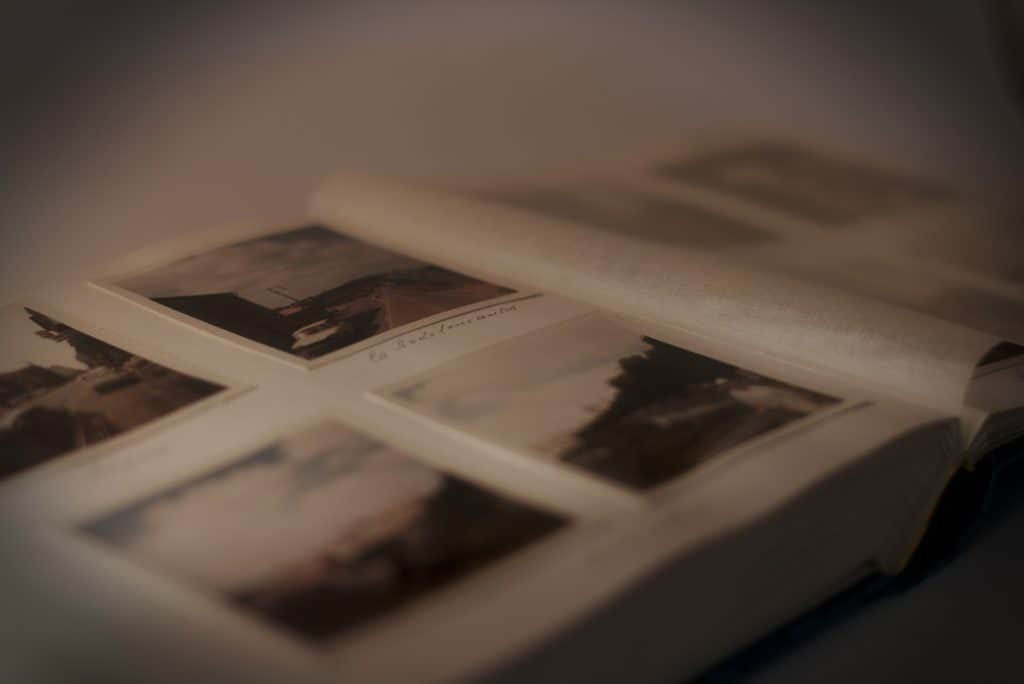 For most of my life, I’ve been an anomaly – in America, an Indian in an all white setting; in India, unable to speak my native language. I’m always working to prove to those around me that I’m all right, that they can trust me, that they can like me. Every few years, though, I’ve met someone that I could talk to about anything – I had no need to prove anything; I was liked for exactly who I was. You made me feel that way, David. Your acceptance came with no strings attached. At least that’s how you always made it seem. Within a few weeks I felt like we were old, close friends.
For most of my life, I’ve been an anomaly – in America, an Indian in an all white setting; in India, unable to speak my native language. I’m always working to prove to those around me that I’m all right, that they can trust me, that they can like me. Every few years, though, I’ve met someone that I could talk to about anything – I had no need to prove anything; I was liked for exactly who I was. You made me feel that way, David. Your acceptance came with no strings attached. At least that’s how you always made it seem. Within a few weeks I felt like we were old, close friends.
On that first visit, you pulled out a photo album with pictures from when you were in Egypt, and later you showed me your Northwest Airlines I.D. The tan, muscular, good-looking man in the photos was you, three years earlier. You wanted me to see what you had been. But even that day in your living room, with your muscles wasting away and the purple blotches on your skin, your ravaged face had an undeniable attractiveness. I hope you believed me when I told you that you were still handsome. You were.
***
I remember my surprise when I first visited your house. It was spotless, and carefully and eclectically decorated – a gargoyle on the living room wall, cushions from Turkey, wall hangings from Egypt, a huge globe by the couch. Now I know that John arranged it all, and looking back, I see the house as an extension of his personality – a small house, slowly turning cream colored as John painted one outside section after another, on an oddly sloping lawn, with your dog Louis in the window.
You didn’t tell me about John until I met him on that first visit in Kalamazoo, and even then I wasn’t sure – was he your roommate or your companion? I believed I had things figured out, but then I saw the calendar in the guest bathroom, with a woman in a bikini, and I thought maybe he was just a friend. John has since told me that you’d keep him out of the room when you visited the hospital because you “didn’t want people to think we were married or anything.” I was unsure of the depth of your feelings until John left for a five day trip to Korea, and I saw how much you were missing him.
You took a long time to tell me how much you cared about John. I could see he loved you, but you kept your feelings hidden most of the time. It was as if you took him for granted. John was so confused about what to do for you. Day-to-day he had to decide – should he make you walk, should he let you sleep, should he have you do things around the house, should he do everything for you? He tried to do the best for you, David. I think you knew that.
***
I didn’t know you when you were healthy. I formed my friendship with you knowing from that first day that you were going to die. Our time was limited, so I worked to find time to spend with you. I worried about calling, because I thought I might become annoying, but I needed to be sure that you were doing all right, to hear your voice again – the soft, slightly Southern drawl that still plays back in my mind when I think of you. You didn’t want to bother me so you rarely called and only when you had a medical problem. Although my heart lifted every time I heard your voice on the phone, I also knew each call meant you were getting sicker.
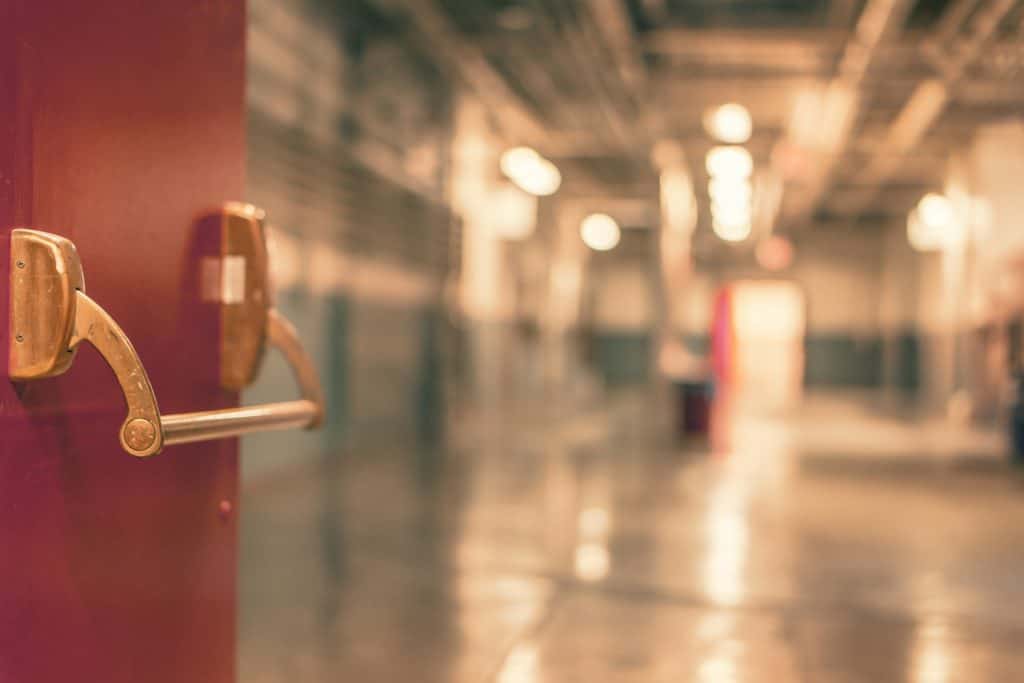
You hated the hospital, but the hospital was where we had some of our best times together. There, we could talk freely about life and death and whether death was indeed the end. One day when you were in great pain, I remember you saying “Chandy, I hope there’s something better after this.” I told you I knew there was. I have to believe that a life like yours doesn’t just flit by, that there is a purpose and meaning to your being here that went beyond the time you spent alive. In the hospital, in those brief moments when you told me your fears and regrets, and I told you my doubts and failures, when for a short time neither of us had to be strong, I think we saw each other most clearly.
***
I had a sense that the end was near on your next to last admission. You were so miserable that you could barely talk to me. I was on call for the Coronary Care Unit, so I had to make my visit brief. When I walked in the door, you were curled up in bed like a baby, moaning in pain. You could barely muster the energy to say hello.
I wanted to prescribe you pain medication myself, but I knew I shouldn’t do that. You weren’t my patient. So I called up the intern and resident taking care of you. The resident never called back. The intern did, and I asked him to give you something stronger for your pain. He said he would. I went back to taking care of my cardiology patients.
When I came back the next day, I learned you’d suffered all night. No one had given you anything extra for your pain. They said they were worried about the side effects of the one medication that had worked. You were lying in bed, looking like a corpse, covered up to your neck in a straight white sheet. Your eyes stared off into space. You wouldn’t even turn to look at me when you spoke.
I never did talk to the resident about it. I didn’t know him well, and I didn’t want to make him feel that I was dictating your care. I also didn’t want to explain how we met or why we were such good friends. That was my private life, which I didn’t care to share with him or anyone else. I told myself I was being professional, and I think that is the truth. I couldn’t write that prescription or force the resident’s hand – that was not my right or prerogative, and the side effects he was concerned about were not trivial. But I felt miserable at my helplessness – not your doctor, not your family, just a friend in some odd middle place.
They finally put you on a morphine drip, and from that point on, you were in and out of consciousness. One night, John and I and your sister Jeannette were talking quietly around you. The TV was on in the background, as it often was. Your eyes opened for a second, you looked up at the Warner Brothers cartoon, muttered, “That Tasmanian Devil. Funny as hell!” and went back to sleep. And that was the David I knew – irreverent, fun-loving, celebrating the little things in life that made you laugh, back for one short visit.
***
The night you died, John and Jeanette and I were at your bedside. You were unresponsive. I talked to you for a little while, but there were no signs that you heard or understood anything I was saying. I couldn’t bear to leave you without saying something, even if you didn’t hear me. So I leaned down to your ear and said this: “David, I love you very much. When you get to heaven, tell God that I say “Hi” and that I’ll be there to join you in a little while.”
Do you remember that moment, David? The words look ridiculous as I read them back, but when you heard them, you nodded your head for the first time that evening, and reaching for my hand, you squeezed it with all your might. I now know what you were saying, and how generous that was. You were saying, You are my friend, and I understand you, and no sappy words will change that.
At four o’clock that morning, you died.
***
John and Jeanette knew you wouldn’t want a funeral in a church. Instead, they arranged a sort of day of remembrance in Kalamazoo at your friends Roger and Barry’s house and asked me to come and say something. There were only a few of your closest friends there. It was a strange time for me, David. Every other time I’d been to Roger and Barry’s house, the conversations were edited because of my presence. This time, your friends chose to remember you just as you were, and details of your past and their present, of life as a gay person, of life as a wild young man, came out.
Once, when we sat in a movie theatre, you told me that you felt sorry for the hemophiliacs who developed AIDS. I told you I felt sorry for them and for you. And you said, “Yeah, but I had a good time doing what I did.” I wanted to ask you – did you really have a good time? But at your memorial, as I sat and listened to stories about how you loved to get high, how you would show up to model bargain basement clothing you’d bought, how you were always the one who wanted to party, I heard about a David I’d never seen, and didn’t know.
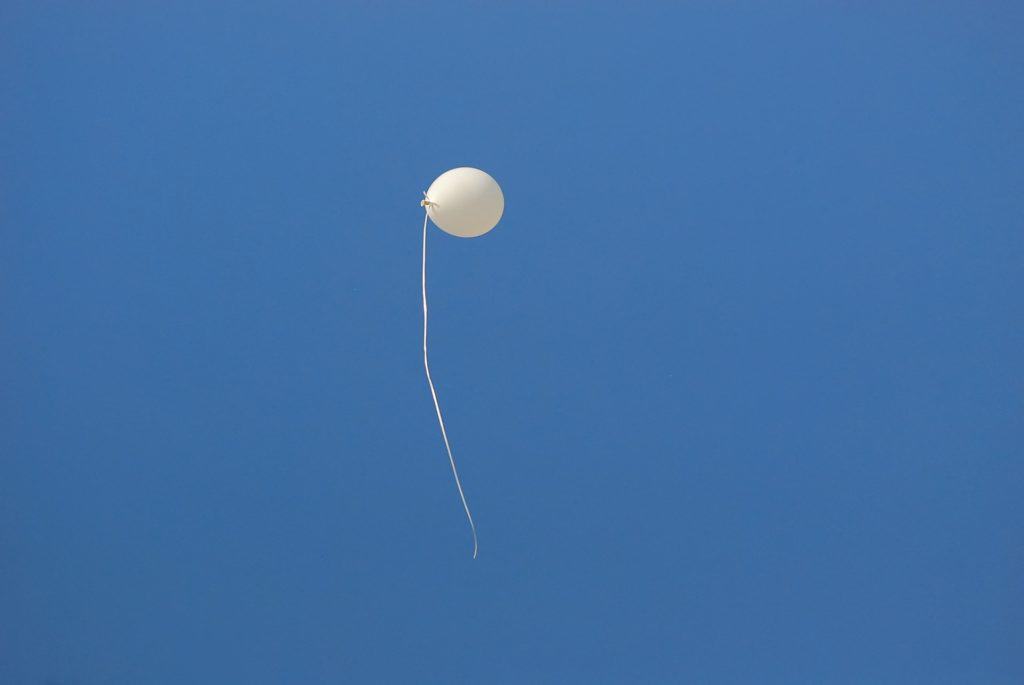 John and I had bought some white helium balloons to release in your memory. When there was a lull in the conversation, we all went outside to the deck, balloons in hand, and let them go one by one. As they floated off together with their long ribbon tails behind them, Barry laughed and said, “Oh God! They look like sperm!” and everyone else laughed, too. “David would have loved that,” said Barry, as he walked back in. And it’s true; you would have enjoyed the irony of our unintentionally vulgar salute.
John and I had bought some white helium balloons to release in your memory. When there was a lull in the conversation, we all went outside to the deck, balloons in hand, and let them go one by one. As they floated off together with their long ribbon tails behind them, Barry laughed and said, “Oh God! They look like sperm!” and everyone else laughed, too. “David would have loved that,” said Barry, as he walked back in. And it’s true; you would have enjoyed the irony of our unintentionally vulgar salute.
As we went back to the house, I fumbled with the piece of paper on which I had scribbled my few thoughts. I was ready to leave these notes unspoken when John said, “Chandy, weren’t you going to say something?” I pulled out the paper and read a passage from Psalms about the briefness of man’s time here on earth. I said that your greatest accomplishment was that your life made such a difference to the people who’d known you. Vague, colorless sentiments – I didn’t want to offend.
We went to your house then, to eat a meal Jeannette’s partner Nancy had made. You would have loved it. It was your kind of food – chicken pot pie, mashed potatoes – but I was distracted as I ate it. I guess we all were. The mood was fairly upbeat; we were talking about various trivial things, and you would waft in and out of the conversation. I heard Jeanette say from the corner, “He told me just before he died that he had no regrets.”
“That’s amazing,” said Barry. “To die with no regrets.” Yes, amazing, I thought. Also untrue. The David I knew had a lot of regrets, spoken and unspoken. But what was the point of bringing that up now?
“What I mean,” said Jeanette “is about being gay. He said he had no regrets. He wouldn’t change anything.” And that made things clearer. She was saying this for the survivors, all of the people there in that room, still gay in a hostile world.
John walked me out to the car, and I hugged him as we said goodbye. He’s a good man, David. I wish you were still here for him.
***
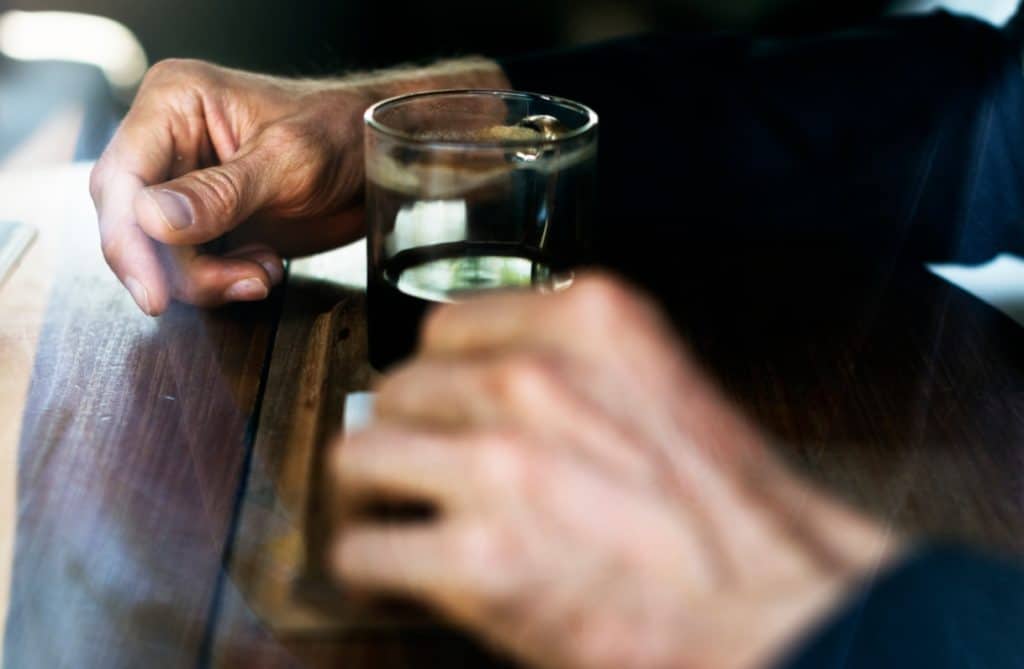 A year and a half after your death, I had a talk with your friend Ron. We sat in a San Francisco restaurant, talking about you and John – worrying, really, about what AIDS was doing to John.
A year and a half after your death, I had a talk with your friend Ron. We sat in a San Francisco restaurant, talking about you and John – worrying, really, about what AIDS was doing to John.
“There’s more to the story,” Ron said to me, as he stirred his iced tea. “David wasn’t…careful.” He measured his words, looking first at his glass and then at me. “He was gorgeous, and he could do anything he wanted, have anyone he wanted. By then we knew things were dangerous, and I told him to be careful, but he wouldn’t listen. David liked to have a good time. And he did – he really enjoyed himself.
“When he met John, John was still so young and innocent. I didn’t know how to warn John about David, but I had to say something. So I told John one day to be very safe when he was with David. He asked me why, and I just said to be careful, for his own sake. John told David. David called and yelled at me for half an hour.”
Another side of you, David, that I never knew.
When I talked to John, though, he only said, “You know, Chandy, I wasn’t some angel when I met David. I met plenty of people before him.”
John was protecting you again, David. I know that you loved John in your own way, and that your kindness battled your vanity. But as he suffered his illness without you there to care for him the way he cared for you, I saw how you often took him for granted.
I also understand this much now, David. I wanted you to be perfect, to be my “poster child” for AIDS, for gay men. I wanted you and John to be the perfect couple – flawless, loving, eternally faithful. You wanted me to be perfect, too, I think – some kind of brilliant, compassionate, spiritual friend without any emotional needs or problems. Neither of us was even close. We put on our best face for each other, but we knew more lurked underneath, not so much hidden as undiscussed.
We were friends on unequal terms. I knew, at least by implication, something of the complexity of your personality – that whether I admitted it or not, everything in your life was not as I wished it to be. You, however, knew very little about what stirred beneath the surface I presented to you. We are on unequal terms still: I dissect your motives and character in hindsight, with the memories of your friends as my guide; you remain silent as I do this.
I’ve never been sure exactly what you got from our friendship. Maybe knowing that I loved you was reward enough for you. It doesn’t seem like you got much.
John knew something of what you gave me – we talked about it before he died. We talked about how you and John taught me that it was okay to be gay, that normal, good, strong, decent men could be gay, that I could be gay. But I wasn’t brave enough to tell you that I was gay, too, David. You and John were a big part of my coming to accept that. John didn’t ask me. I told him. You never asked me either. But you must have wondered. I wonder, David, how much more we could have been for each other if you’d known that, if I’d been more honest, if we’d been more honest with each other about everything.
I never had a chance to thank you. I thanked John many times over. I prayed that he’d be spared the misery of your last days. But he wasn’t. He died just a year before effective medication for HIV became widely available. It’s strange and sad that AIDS tied us all together – in a world without it, I’d probably never have met you or John. My partner Andy and I have been together for 25 years now – we met just after you died. We live in a post-AIDS world for gay men, one where AIDS is not a death sentence, and I wish every day that you and John could have made it to the other side of that timeline, to a time when anti-retroviral medications would have saved you.
***
 I’ve struggled with how to write this down. I’ve worked at being truthful, David, knowing despite this that the end result has fallen short, and this picture of you as seen through my eyes, suffers for it. Can you see how hard I’ve tried to live up to your expectations? Knowing my struggle, perhaps you will forgive my mistakes.
I’ve struggled with how to write this down. I’ve worked at being truthful, David, knowing despite this that the end result has fallen short, and this picture of you as seen through my eyes, suffers for it. Can you see how hard I’ve tried to live up to your expectations? Knowing my struggle, perhaps you will forgive my mistakes.
***
I miss you, David. I think about you and John often. I’ve seen the AIDS specials on television, the rights marches, the movie “Longtime Companion.” They moved me, but there was something missing. I want to say: What about the everyday people, the ones who lived in Kalamazoo with their dogs and their small circle of friends? What about the ones who didn’t want to march, the ones who weren’t actors on soap operas or poets or musicians or architects?
What about David and John? Who will remember them?
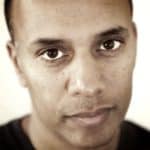 About the Author
About the Author
Chandy C. John is a pediatrician, malaria researcher and writer whose essays, poems and fiction have been published in journals including Sojourners, JAMA, The Examined Life, Flying Island, The Pharos, Annals of Internal Medicine and The Michigan Alumnus. Chandy
C. John lives and works in Indiana, Kenya and Uganda.
Watch the Video
Did you like this non-fiction story by Chandy C. John? Read more non-fiction on Dreamers Creative Writing.